২১ ফাল্গুন ১৪৩২
White African minorities to be resettled in US: President Trump
09 February 2025 15:02 PM
NEWS DESK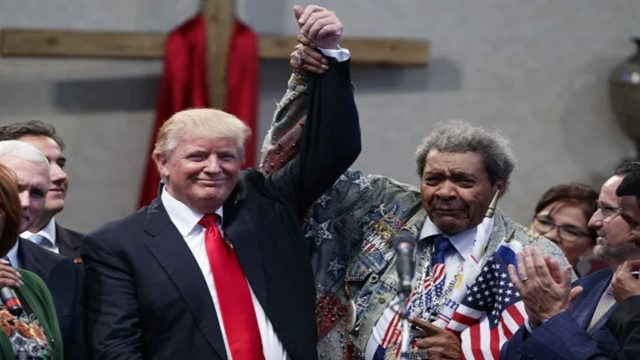
Groups representing South Africa’s white Afrikaner minority have rejected President Donald Trump’s offer to resettle them in the United States, following his administration’s claims of rights violations against them.
On Friday, Trump signed an executive order halting all US aid to South Africa, accusing its government of allowing violent attacks on white farmers and implementing a land expropriation law that enables the seizure of Afrikaner-owned farms without compensation.
The South African government dismissed these allegations, calling them misinformation. President Cyril Ramaphosa’s spokesperson said, “South Africa is a constitutional democracy. We value all South Africans, Black and white. The assertion that Afrikaners face arbitrary deprivation and, therefore, need to flee the country of their birth is an assertion devoid of all truth.”
The Foreign Ministry also criticised Trump’s stance, “It is ironic that the executive order makes provision for refugee status in the US for a group in South Africa that remains amongst the most economically privileged.”
Afrikaners reject US resettlement offer
Despite Trump’s offer, Afrikaner groups said they were not interested in leaving South Africa. “Our members work here, and want to stay here, and they are going to stay here,” said Dirk Hermann, CEO of the Afrikaner trade union Solidarity, which represents around 2 million people.
Kallie Kriel, CEO of the Afrikaner lobby group AfriForum said, “We have to state categorically: We don’t want to move elsewhere.”
Trump’s decision has drawn attention to concerns among some Afrikaners that they are being targeted as payback for apartheid, a system of white-minority rule that ended in 1994.
White South Africans make up 7% of the country’s 62 million people, but own 70% of private farmland. The government says its land reforms and affirmative action policies aim to correct historical injustices from colonialism and apartheid, which left Black South Africans dispossessed and economically marginalized.
Critics argue the reforms unfairly target whites. Kriel said, “This government is allowing a certain section of the population to be targeted.” However, many South Africans dispute claims of anti-white discrimination.
“He (Trump) should have actually come from America to South Africa to try and see what was happening for himself,” said Sithabile Ngidi, a market trader in Johannesburg.









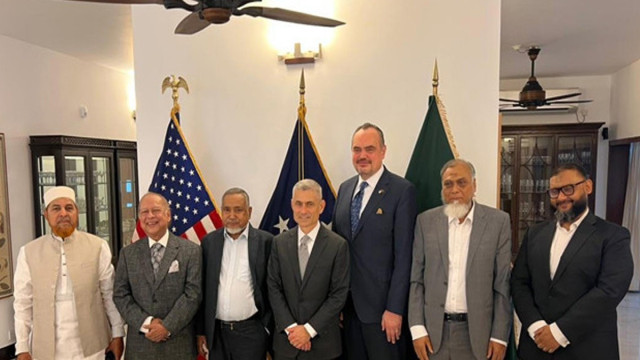

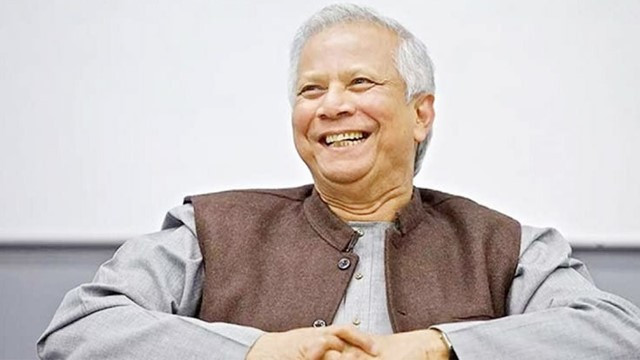
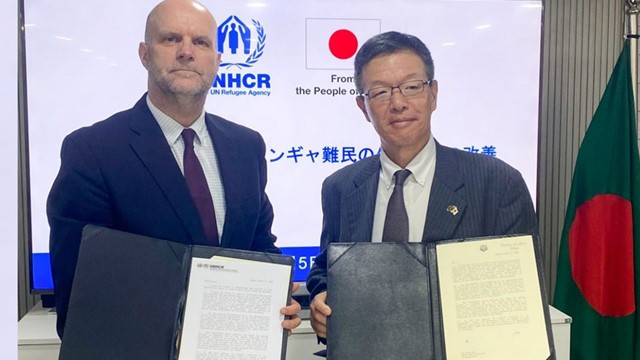

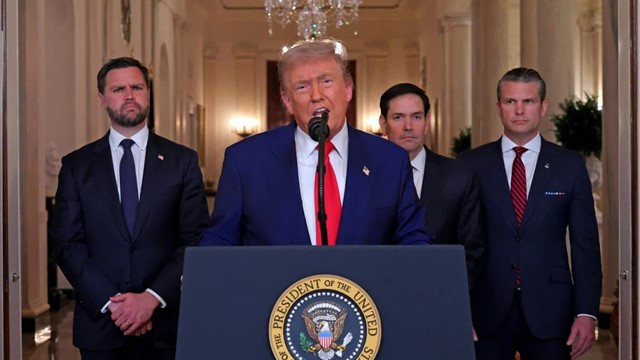
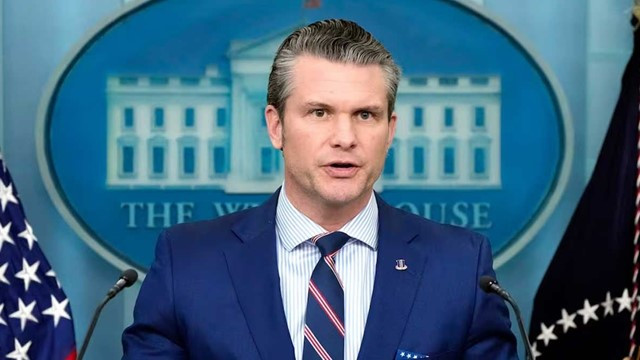
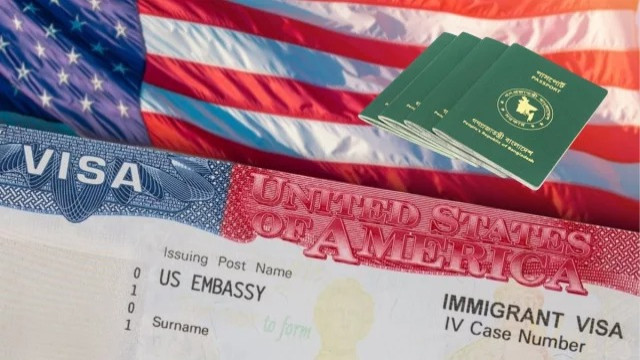

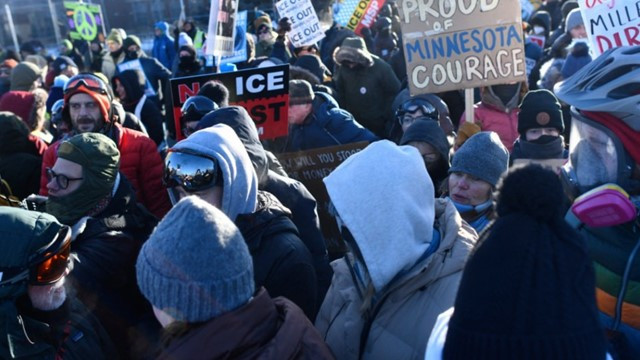
Comments Here: